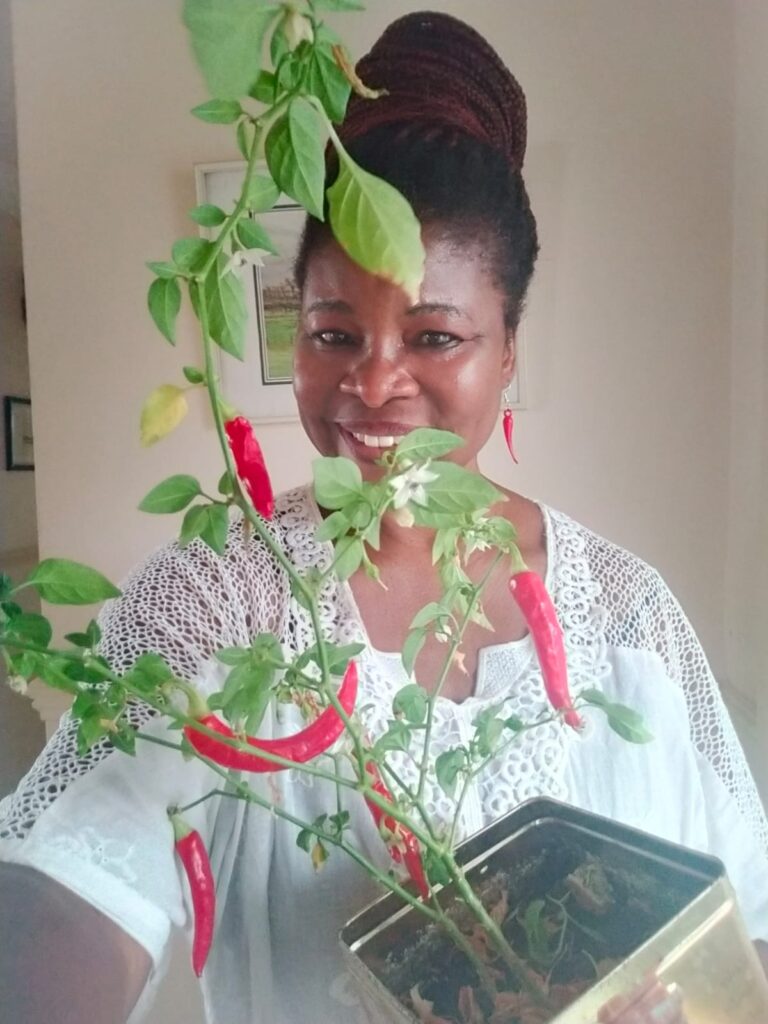
Grow Your Own Peppers: A Simple Step Toward Food Security and Sustainability
What if each of us planted fifty-two pepper plants using old tins, cups, or bowls?…

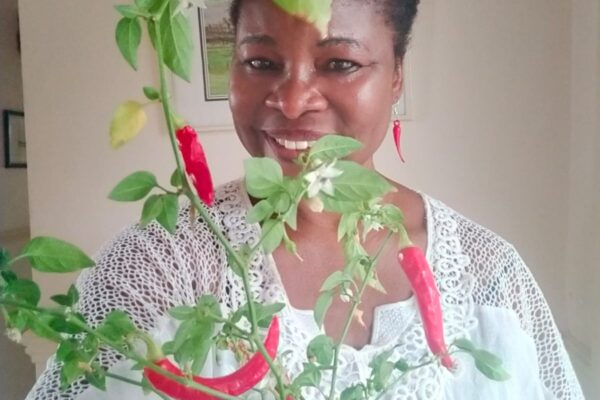
What if each of us planted fifty-two pepper plants using old tins, cups, or bowls? As simple as this sounds, the impact could be remarkable. With just one plant per week over the course of a year, every household could produce enough fresh peppers to meet their cooking needs without relying entirely on the market. …
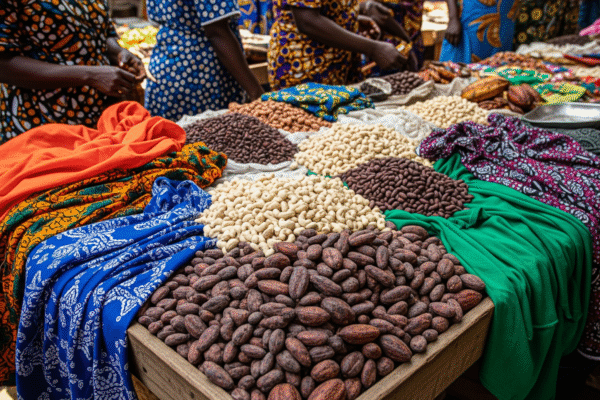
The United Kingdom has announced that over 3,000 Nigerian products, including cocoa and cashew, can now enter the UK market either duty-free or at reduced tariffs. The Country Director for the UK Department for Business and Trade, Mark Smithson, announced this move, which is part of the UK’s Developing Countries Trading Scheme (DCTS), in a…

Food price drop in Nigeria: Beginning of good tidings or just a temporary fluke? Recent reports of a drop in food prices across Nigeria have stirred conversations and mixed reactions among citizens. While the decline in prices has brought some relief to households who have hitherto been strained by the preceding months of inflation, the…

Queen T, chilling with my chilli Growing vegetables in sacks, pots, cups, and similar containers is an innovative way to cultivate fresh produce without keeping a conventional garden. This method is most beneficial for people with limited space, especially those living in urban areas. Using containers, gardeners can control soil quality, manage drainages effectively, and…

Nigeria is one of the world’s top producers of ginger (Zingiber officinale), and its variety is widely recognized for its superior quality, distinct aroma, intense pungency, and high oleoresin content. Nigerian ginger is in high demand across global markets, making it a valuable agricultural product for export, employment, and economic growth. Export potential The export…
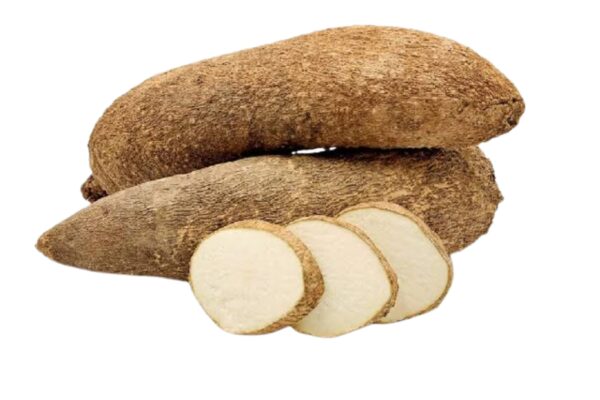
Yam Farming, Harvesting, Storage, and Processing Yam farming, harvesting, storage, and processing are integral to Nigeria’s agricultural landscape and food culture. At Queen T Farms, we are a major player in Yam production and processing. Located in the heart of Central Ogun State, Nigeria, where Àmàlà is a local delicacy, we engage in yam farming…

Transforming Africa’s Food Preservation Against Post-Harvest Loss: A Case for Freezing and Packaging Sweet Potatoes Africa is blessed with abundant agricultural resources, yet it is challenged with the paradox that food wastage often coexists with food scarcity. This challenge is particularly associated with perishable crops like potatoes, which are often abundant in their season but…

There is bell pepper (tataṣe) and there is tataṣe XL 😯 To illustrate the sizes of these peppers, the smaller pepper is the same size as a regular tissue roll. I sometimes ask myself if some of these extra-large vegetables are a different variety of the same family or the same variety of the same family that…
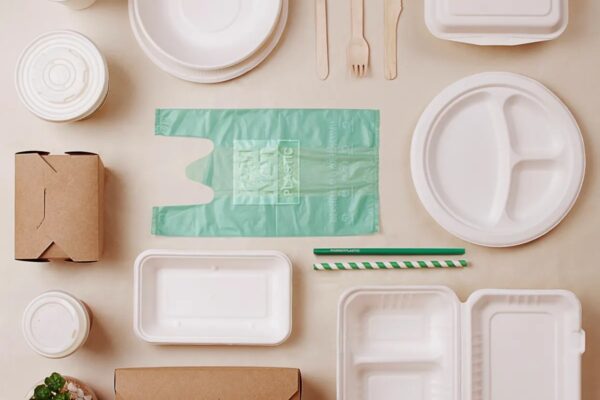
Disposable Plates From Cassava Utilizing cassava for disposable plates offers an eco-friendly alternative to traditional materials. Cassava-based plates are biodegradable and can be a sustainable choice in single-use tableware. This process aligns with efforts to reduce the environmental impact of disposable products. The production of disposable plates from cassava typically involves the following basic steps: Harvesting…

Tannery (leather making) in Nigeria. Tannery in Nigeria involves the process of converting raw animal hides into finished leather products. Tanneries in Nigeria typically follow steps like soaking, liming, dehairing, tanning, and finishing. It’s an essential industry contributing to the country’s economy and providing raw materials for various goods like shoes and bags. Environmental concerns…